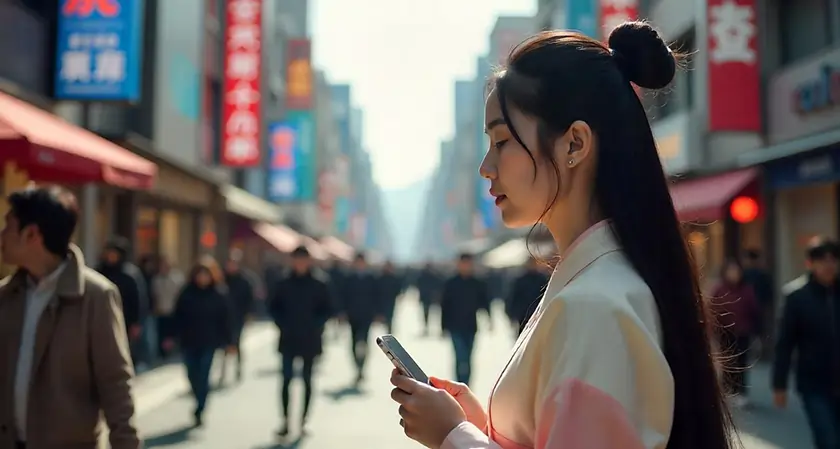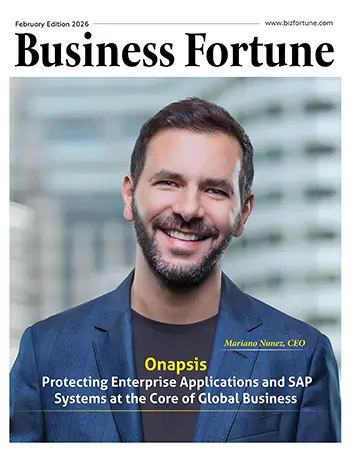Home Industry Art and Music South Korea Restricts AI-Compo...
South Korea Restricts AI-Composed Music from Copyright Protection
Art and Music

Business Fortune
03 April, 2025
AI-generated music is prohibited from copyright by a new, stringent law in South Korea that requires composers to attest that their compositions are wholly human-made.
The new law reiterates the Korean government's position that music produced by AI is not protected by copyright. On March 24, it became mandatory for composers to attest that they wrote the music entirely themselves, without the use of generative artificial intelligence.
Notably, the KMCA verified that the zero percent contribution is referred to in the criterion for not utilizing AI. Songwriters agree to assume legal responsibility for any civil or criminal legal actions that may result from incorrect registration, according to the organization. Notifying those who refuse that their registration will be placed on hold.
The KMCA stated that it has the authority to take action, such as delaying royalties or canceling the registration entirely, if a song that was first registered as not using AI turns out to have done so.
According to the organization, the new regulation is intended to address any potential legal concerns about music produced by artificial intelligence. In 2022, the company canceled royalties for six songs that were discovered to have been composed by AI songwriter EvoM, reaffirming its position that music utilizing AI cannot be protected by copyright.
All songs with AI input are now covered by the measure; however, this might change in the future. AI-assisted songs are ones in which composers employed AI technologies to help in the composition process, even for something as basic as a theme or title. The organization is currently determining exactly what to do with these songs.
With the rise of AI-generated content, copyright issues have gained global attention. In January, the US Copyright Office released a report stating that AI-generated material can be copyrightable if a person makes significant creative contributions. To qualify for copyright protection, a human's contribution must be sufficiently creative, significantly alter the AI output, or combine human-created elements with AI content, such as editing photos or music or creating drafts.


































